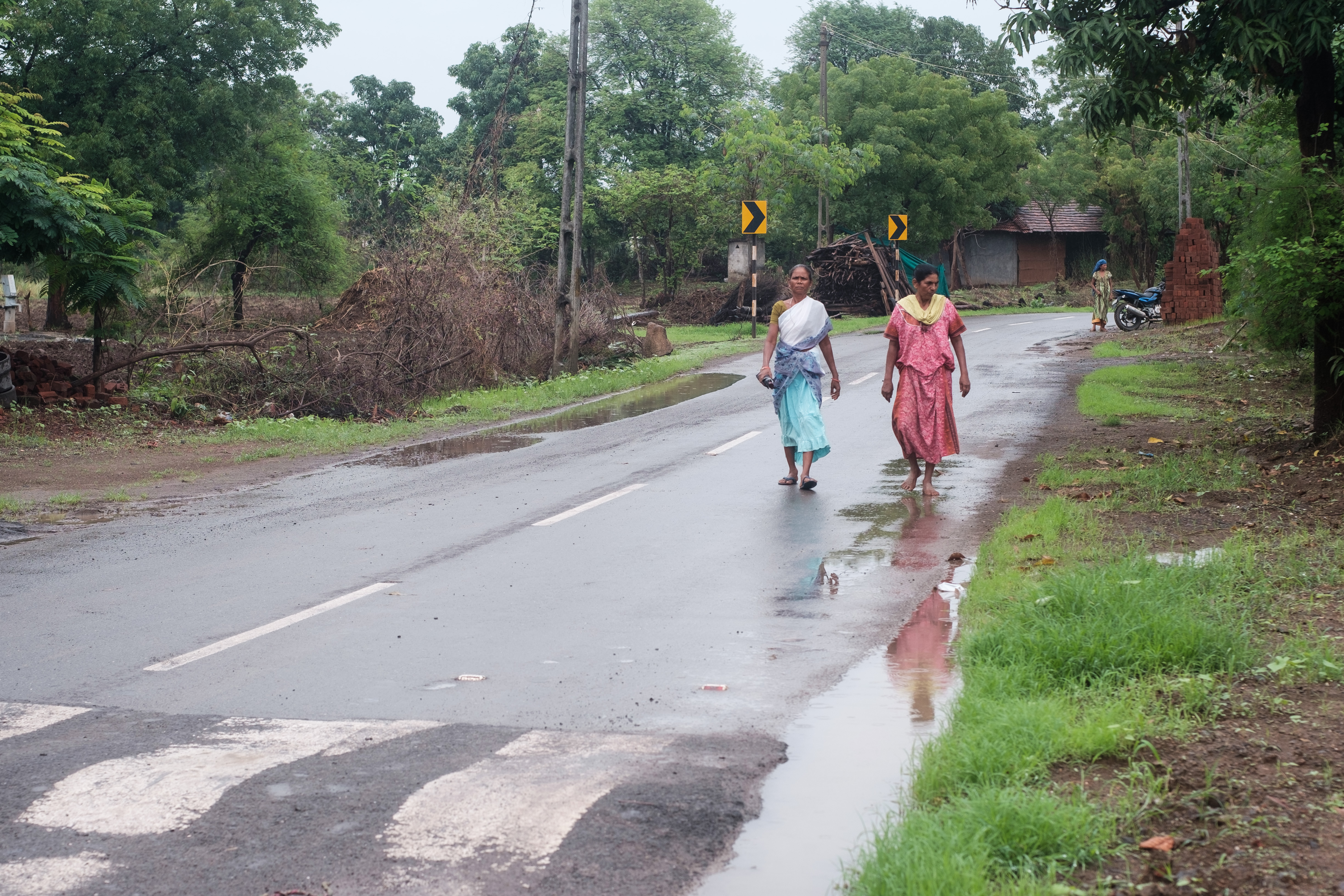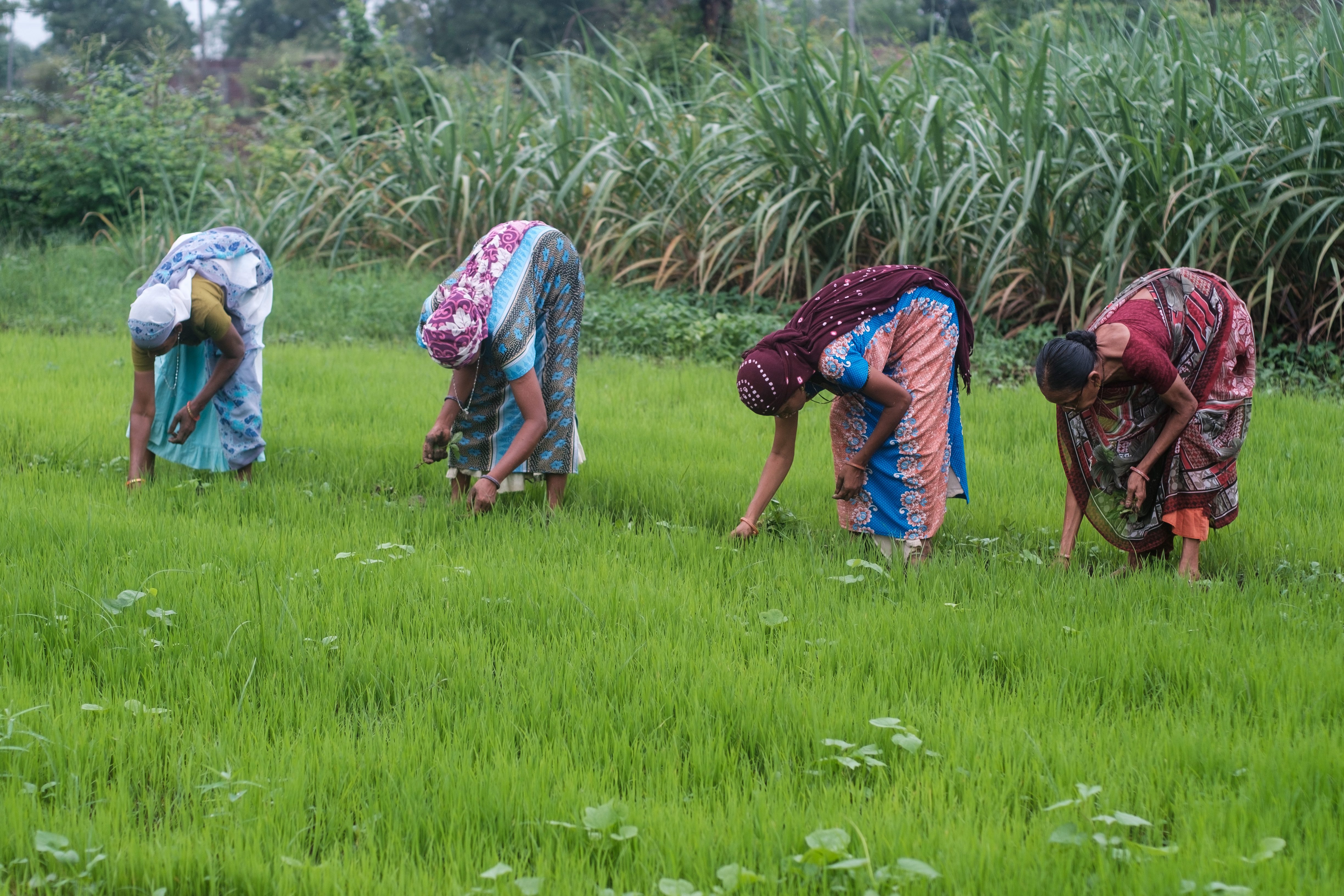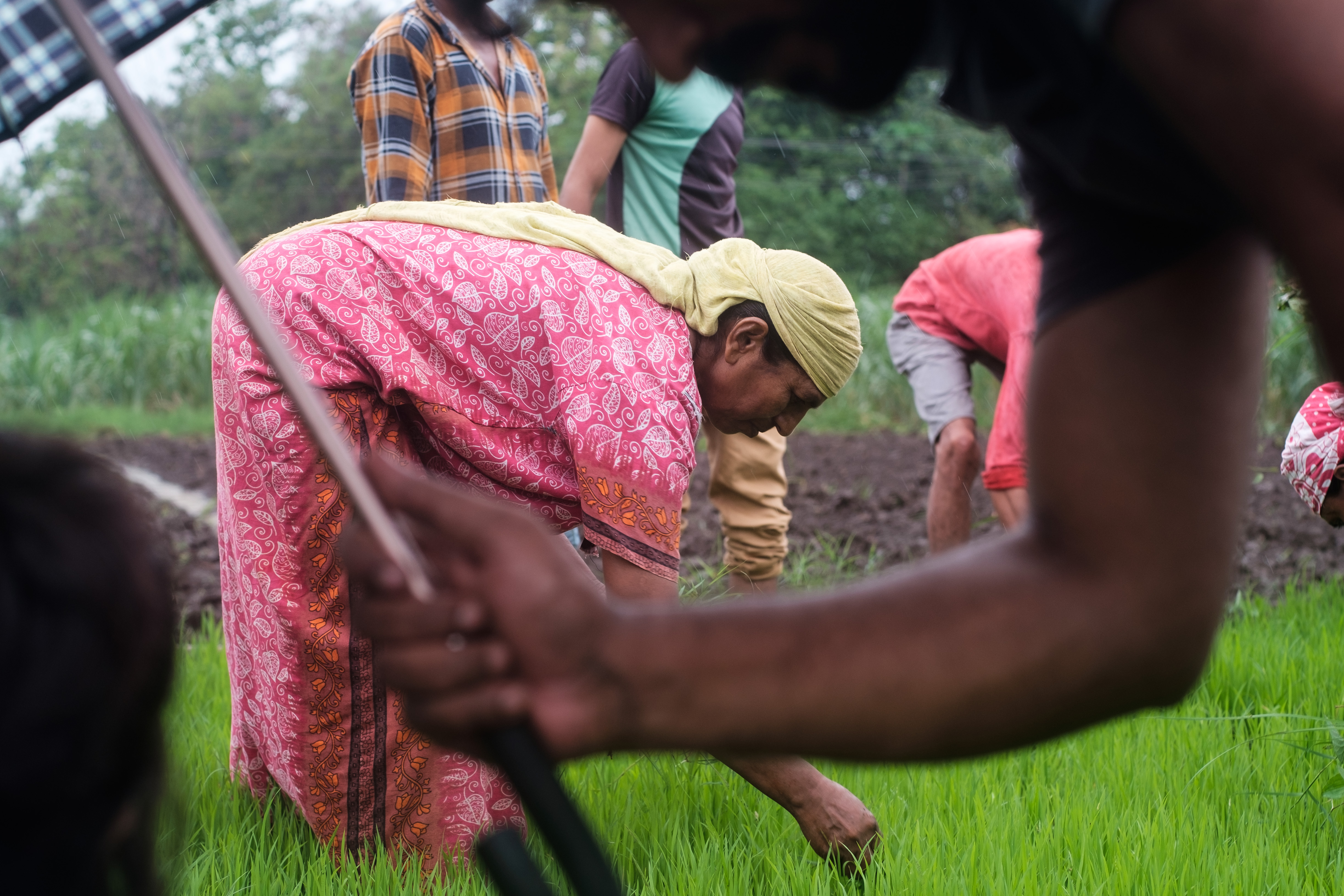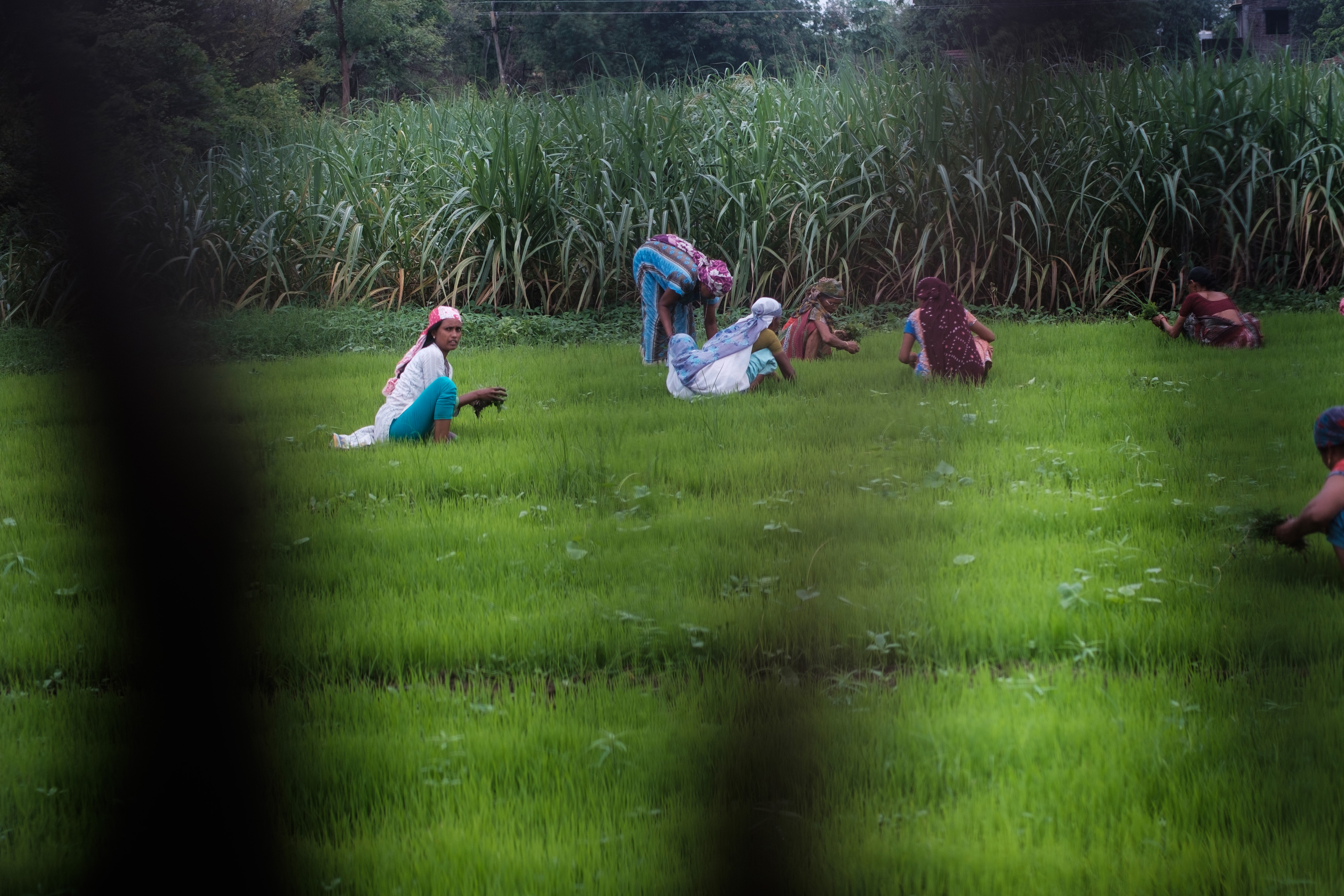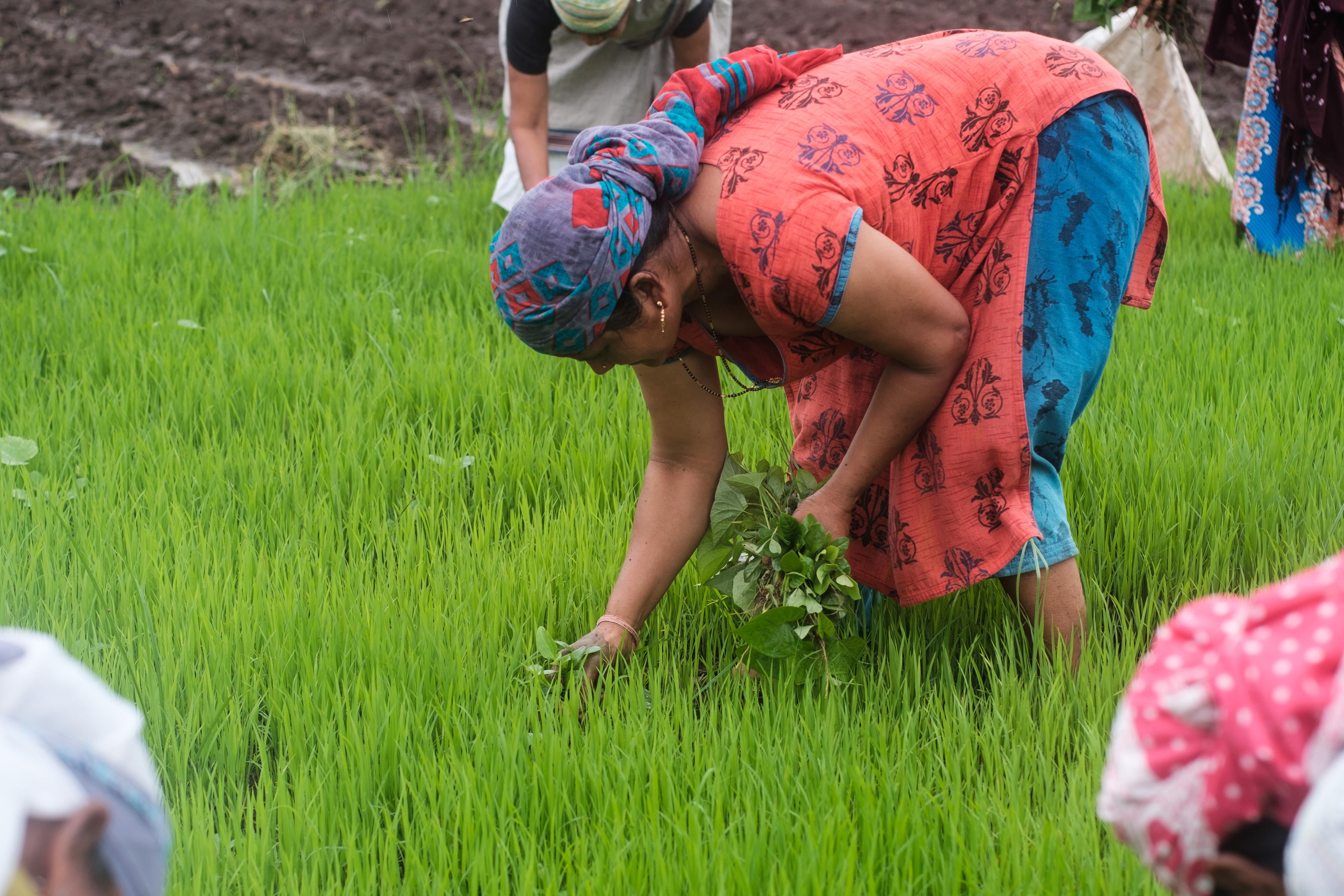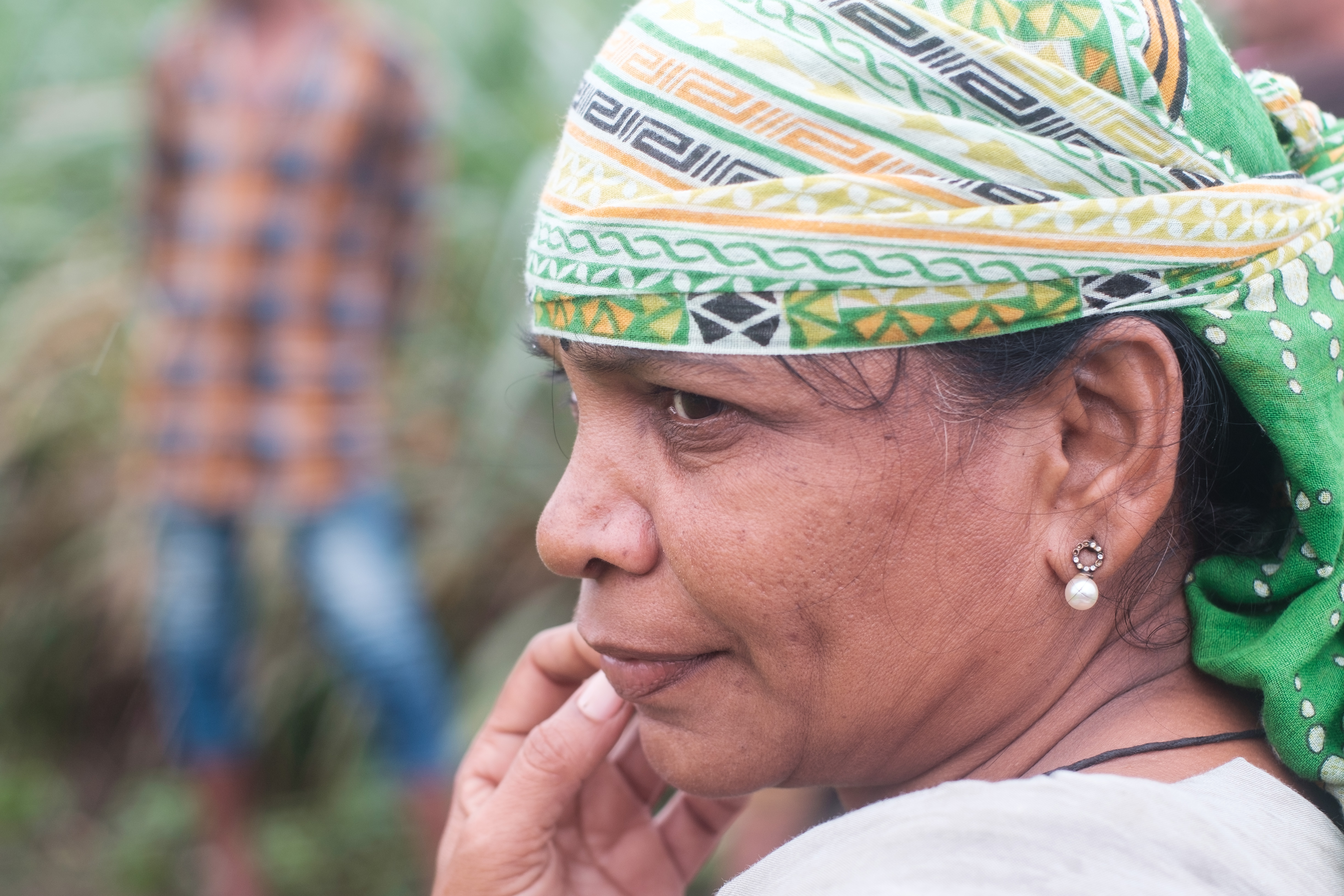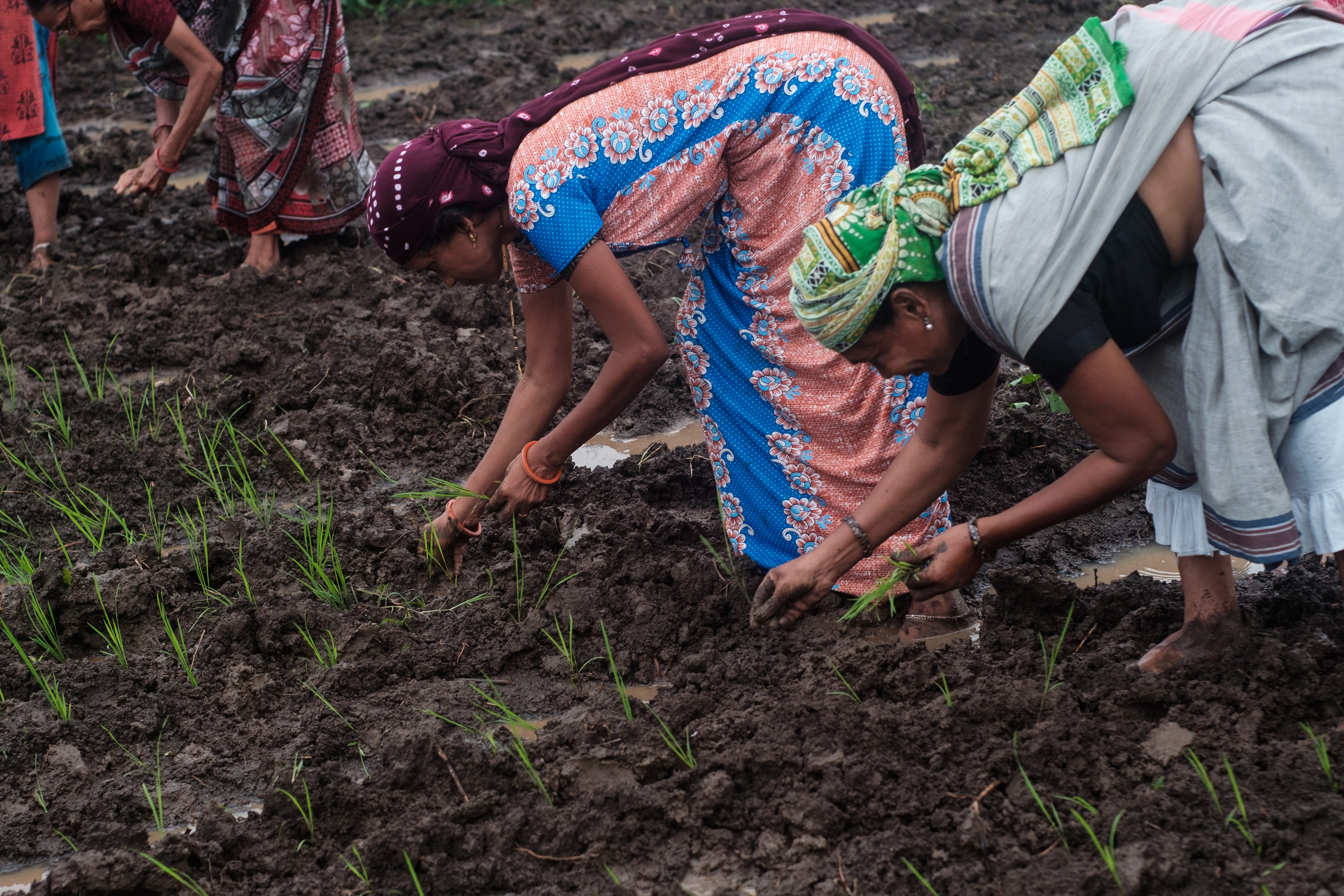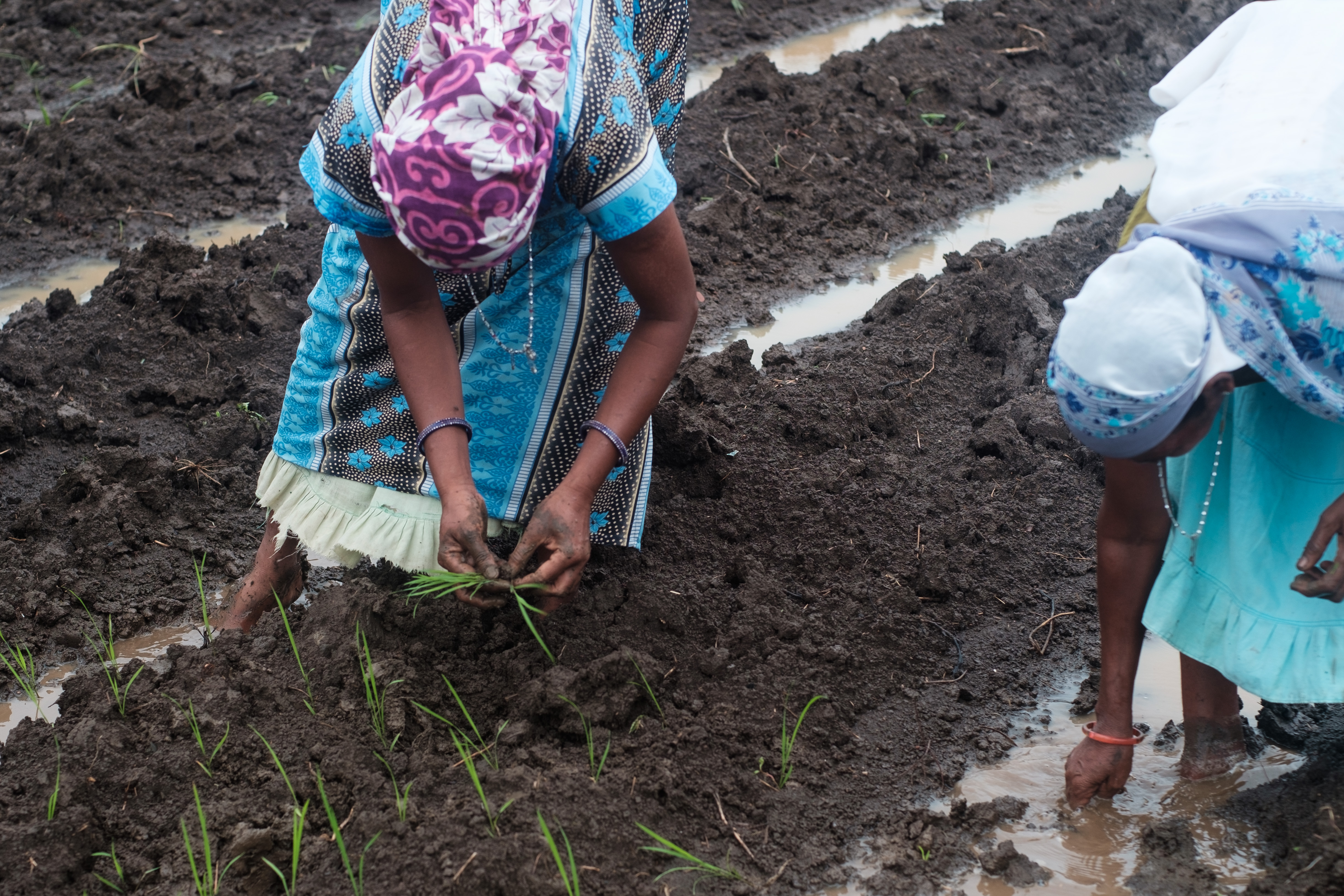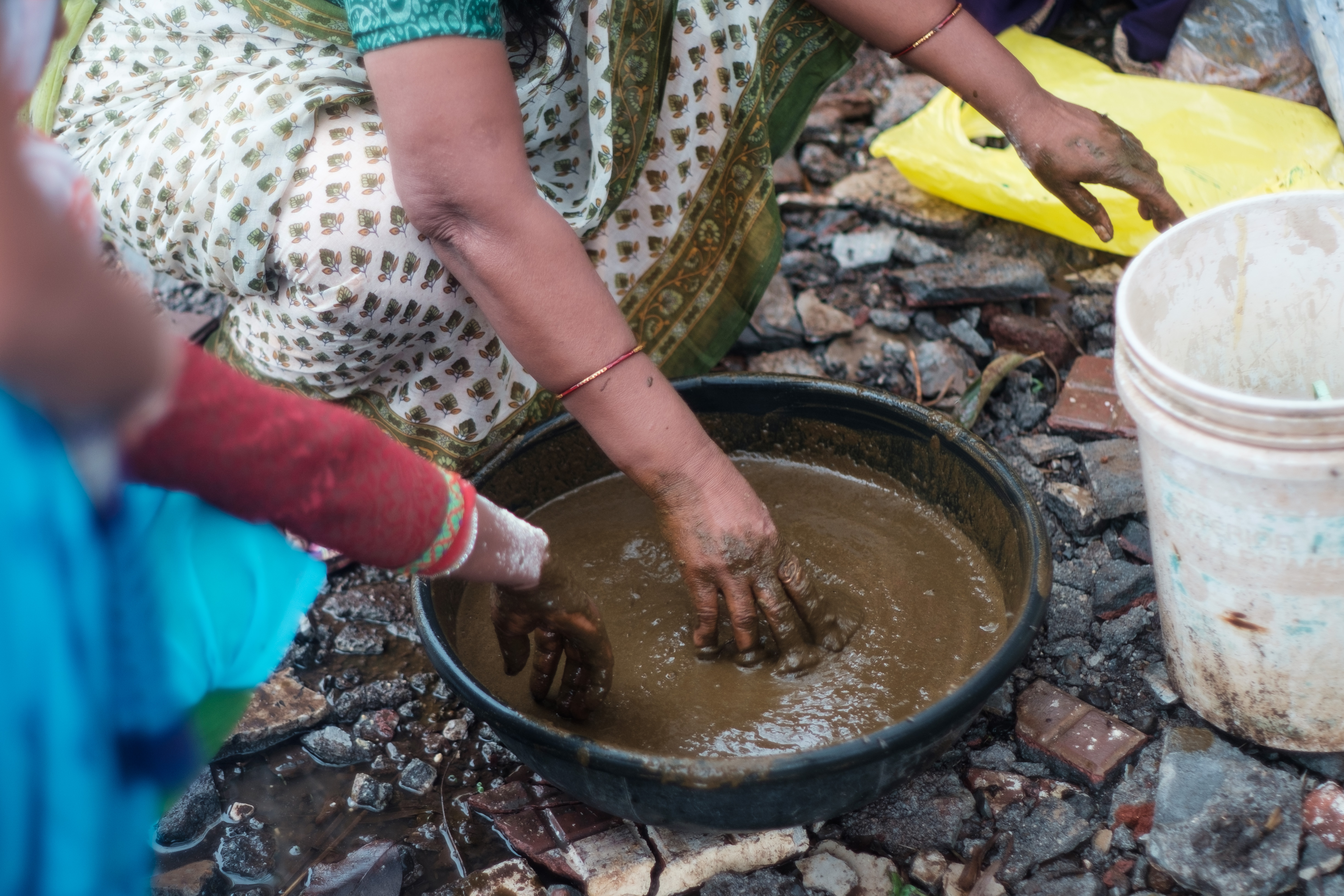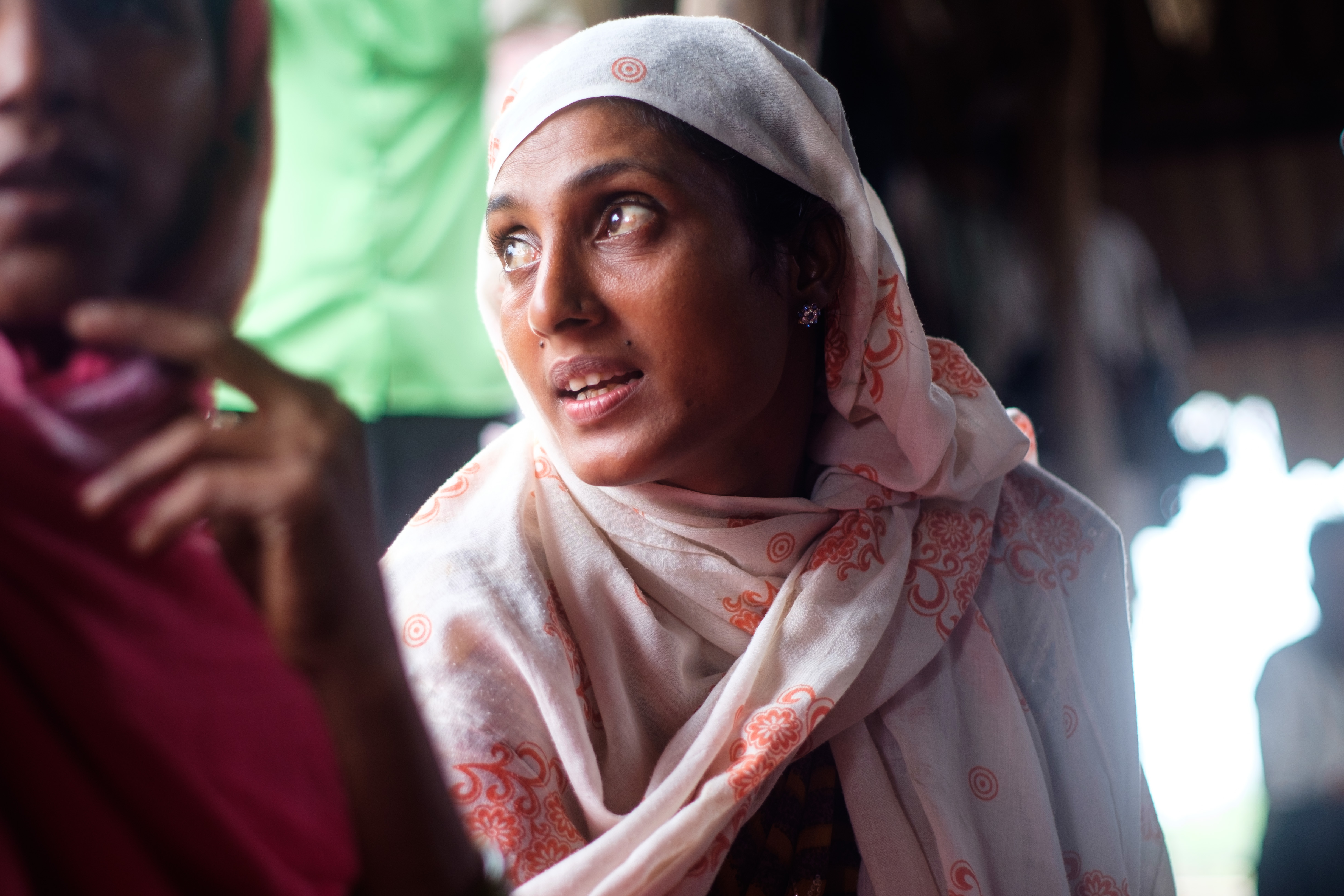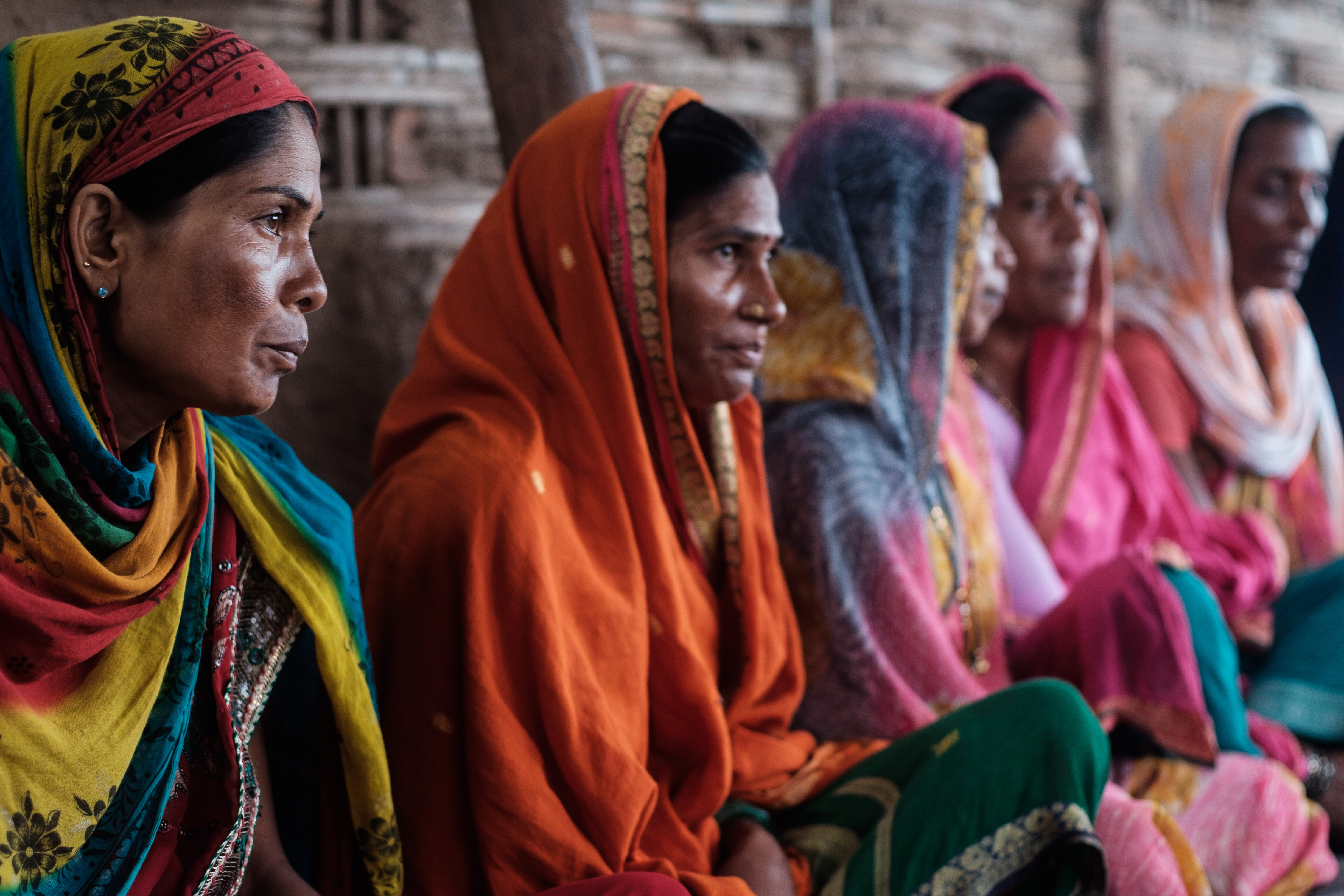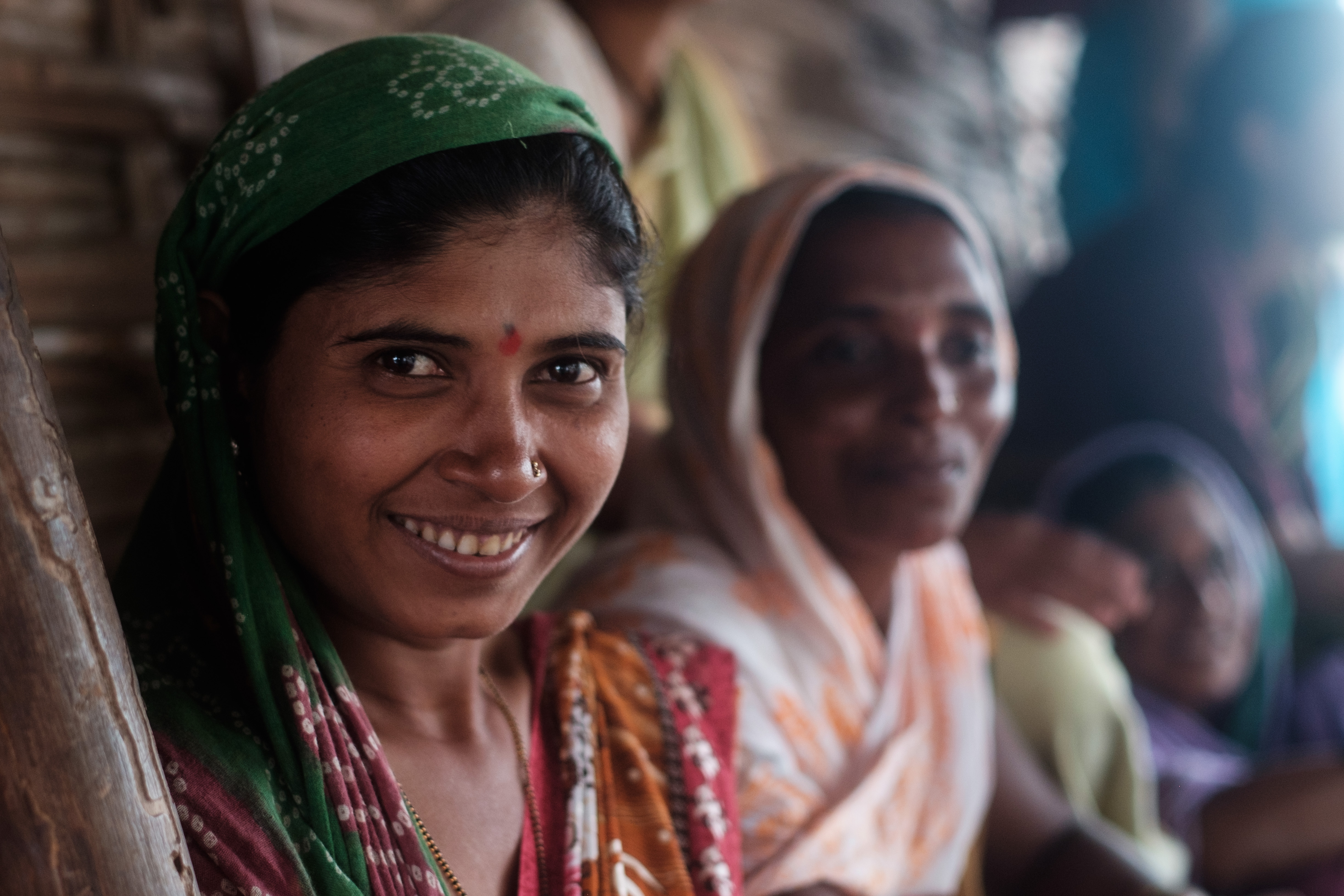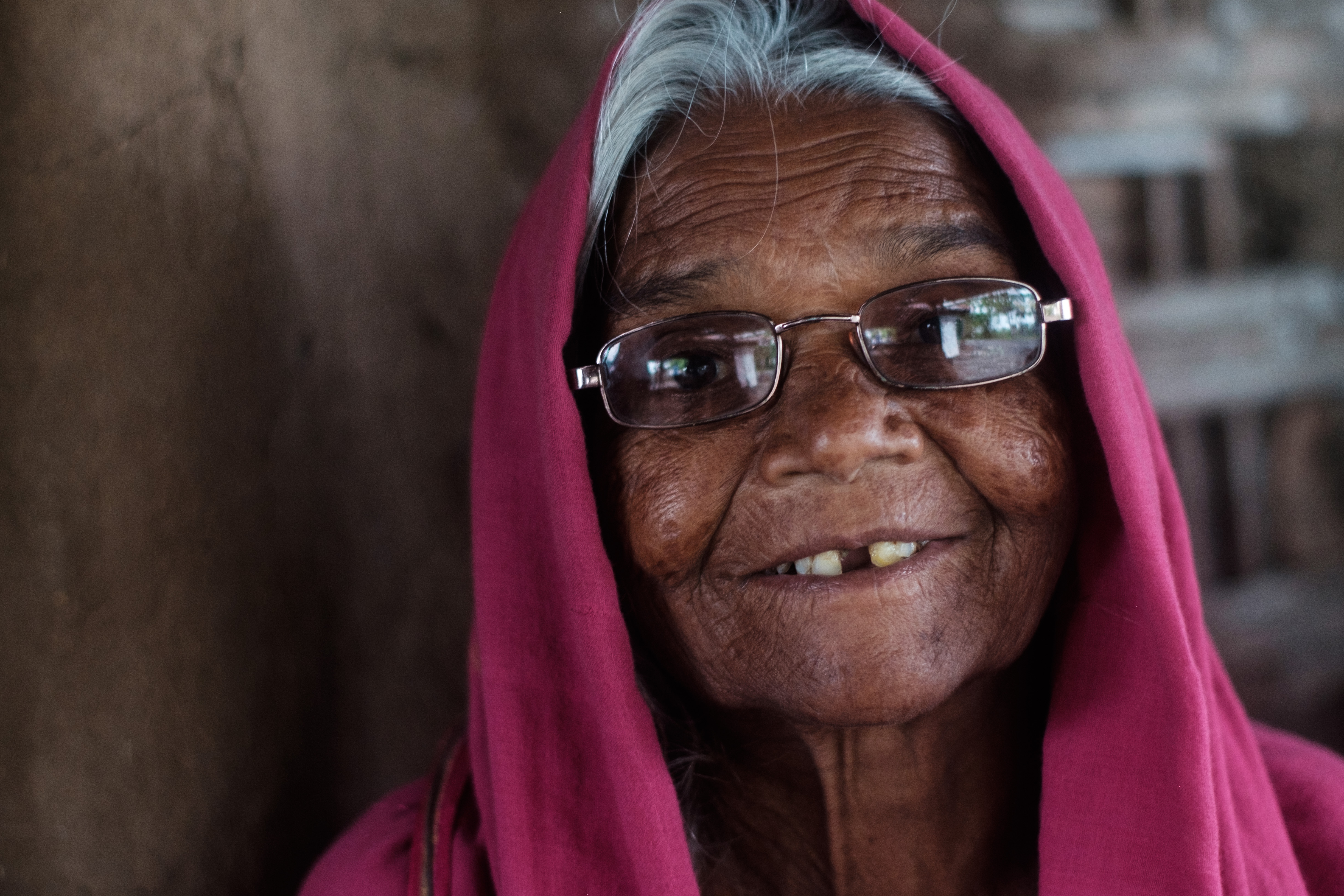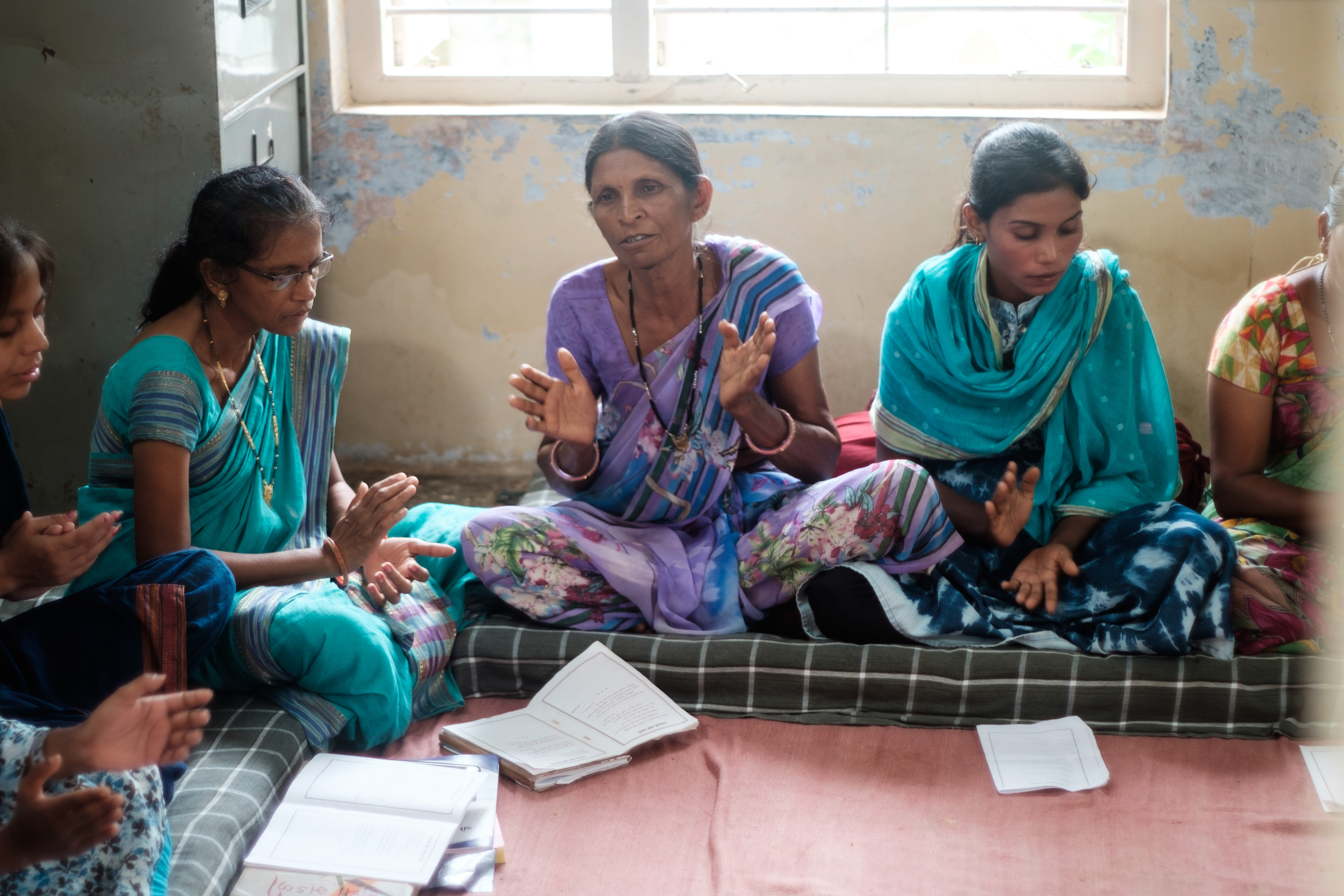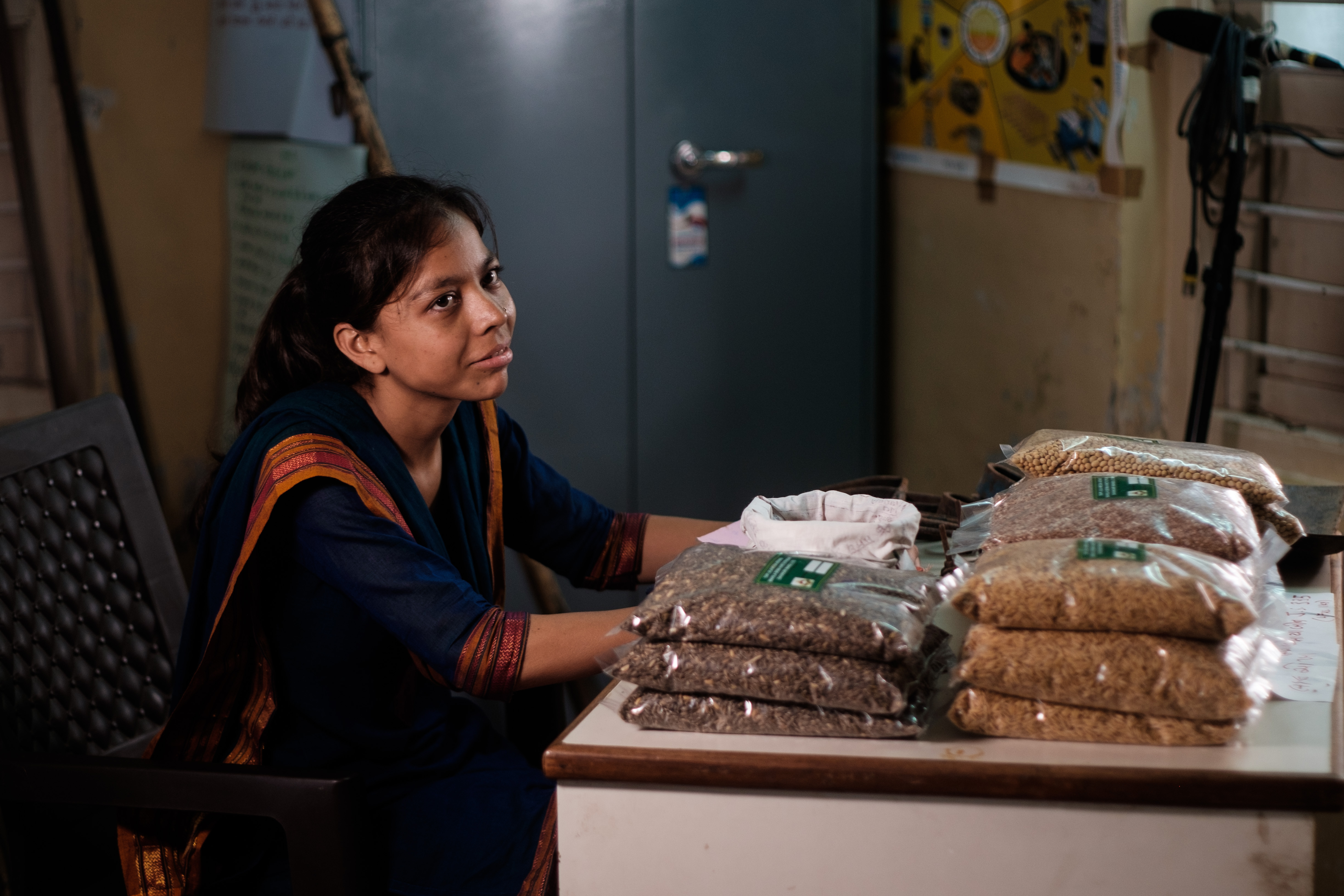By Collin McClain, 07/30/2019. In the Tapi District of Gujarat is one of SEWA’s newest cooperatives: Megha Adivasi Mahila Agriculture Producers’ Cooperative. Based around the urban center of Vyara, the members of this cooperative come entirely from a local Indigenous group which has protections through India’s Scheduled Tribes legislation. However, farming globally is a precarious profession. It relies on good weather, good soil, and a market willing to consume a product that was planted months prior. The time delay between planting and yield leaves the farmers’ capital tied up in crops that could fail or if a region overproduces, not fetch the expected price due to market saturation. Thus, many countries subsidize their farming industry. For example, in the US the second-largest title of the nations Farm Bill is for federal crop insurance. However, bureaucracy often slows these already insufficient measures. In order to address this Megha takes an integrated approach to its cooperative model, offering its members support with everything from healthcare and housing assistance to leadership trainings and financial services. Thus supporting the agricultural production of its members. This ties in with the broader work of the SEWA organizations made up of both the union which acts as advocate and voice for its members, as well as the network of other women-run cooperatives.
Following is a series of images documenting the women of Megha and their communal farming activities:
Weeding and transplanting rice.
A demonstration of organic pesticides being made.
Portraits taken between songs at a meeting of women in the village of Mohini Ucchal Block.
A meeting of Aagewans (women leaders) hosted at the SEWA Federation office in Vyara.
The SEWA Federation acts as a support organization to the other cooperatives, for instance providing marketing services. Seen below, the office in Vyara also helps source and sell the agricultural tools and seeds necessary for Megha’s operations.
While photographing and documenting the Megha Cooperative I asked these women what they wanted the broader world to know about them. Telling me how they wanted to be represented, several of these women’s voices are paraphrased into the following:
“We are women, tribal women. And we are farmers. We women are the ones who work these fields. We know that there must also be women farmers in the United States and the rest of the world, and we want them to know that we are here. That is important to us.” -Lataben, Narmadaben, Ratilaben, and Sheelaben
Translation assistance by Salonie Muralidhara Hiriyur
*This post pulls on data from a 2018 ILO report Advancing cooperation among women workers in the informal economy: The SEWA way, and field experience.

